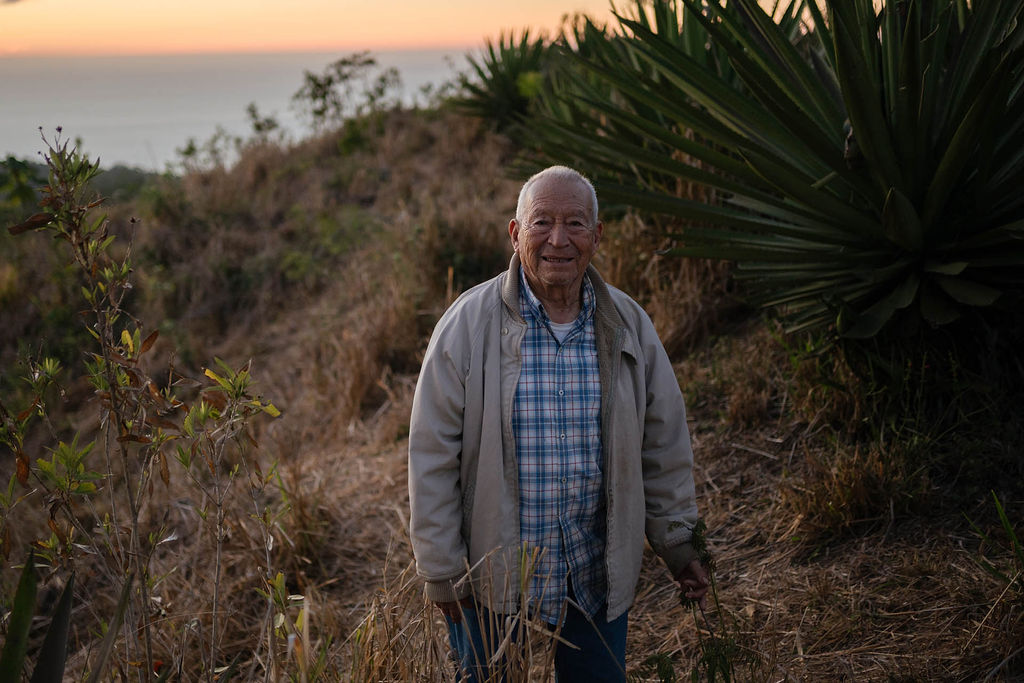The mezcal world is mourning the loss of Hildegardo “Japo” Joya this morning as a raicilla luminary whose coastal Jalisco blood ran thick with agave amarillo and whose body was fortified by nine decades of working the earth.
His masterful distilling style was renowned for its earthy and ocean breeze flavors. The mezcal maestro paved the way for raicilla to become the counterculture agave spirit of choice, beyond commercially sold mezcal. It was known primarily to enthusiasts worldwide thanks to collaborations with coveted agave anthropologist-led brands like Mezonte and Eterno Embrujo.
Joya passed away at 92 peacefully of natural causes in his sleep on Tuesday night at his home of Malpaso in Cabo Corrientes, Jalisco, L.A. TACO confirmed with friends of his family.
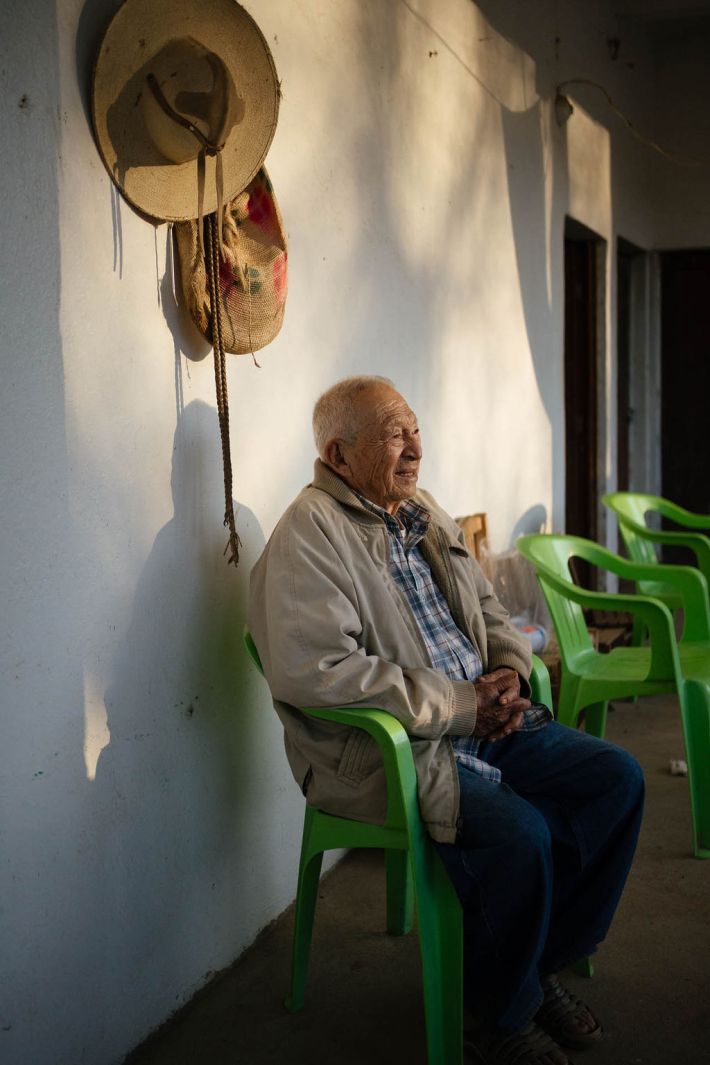
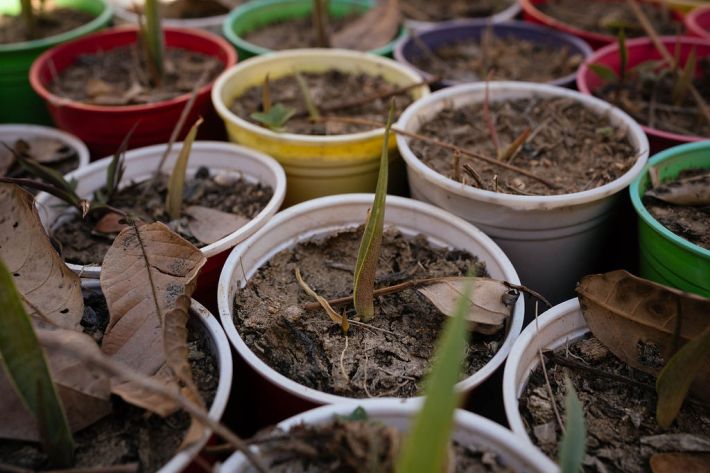
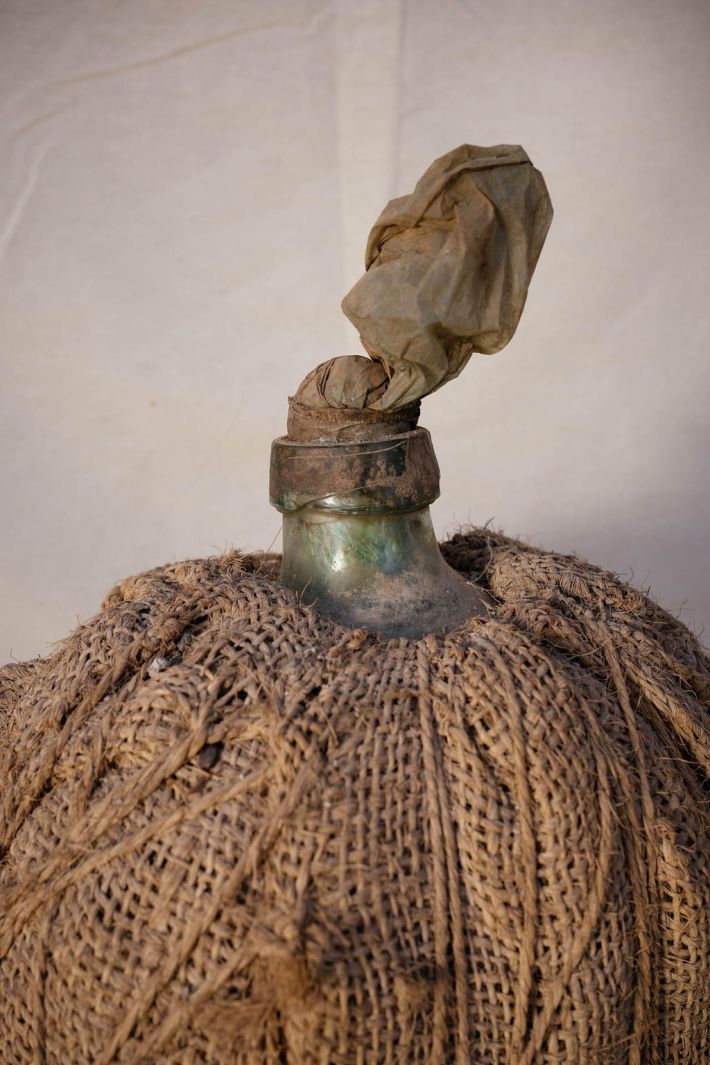
Japo, lovingly nicknamed that because of his features, had a presence that loomed large everywhere his raicilla landed, whether that was in one of Mexico’s most beloved mezcal bars, like Guadalajara’s Pare de Sufrir, where people ordered his raicilla by the producer's name instead of using the brand’s. Or in Torrance on Madre’s mezcal menu, where owner Ivan Vasquez confirmed they still have 20 bottles of a private reserve that Japo made for the restaurant via Mezonte, priced at $17 a shot or $150 a bottle.
“But I’m only selling five because it’s special stuff,” Vasquez tells L.A. TACO.
Arturo Dávila, a raicilla historian who owns Puerto Vallarta’s first and only dedicated raicilla bar, Chiro, was a close friend of Japo. He curated an exhibition on Japo and other raicilleros at Oficina de Proyectos Culturales (O.P.C.), Puerto Vallarta’s art gallery in the center of town, with renowned photographer Ana Topoleanu, who took portraits of Japo.
His coastal swagger made every sip a history lesson, linking the dirt under his nails to centuries of raicilla craft. He poured his soul into his bottles, and anyone who drank them knew they were tasting something sacred.
Dávila beautifully summarized Japo’s contributions to raicilla culture: “Jalisco’s Cabo Corrientes raicilla distillers are masters of sea and soil, guarding more than distillation. They’re keepers of rituals, beliefs, and a way of life tied to Jalisco’s wild coast. Japo, a master among them, handed down his hard-earned wisdom to his kids and colleagues, fighting to keep tradition alive as modernity crept. Japo planted for harvests he’d never see.”
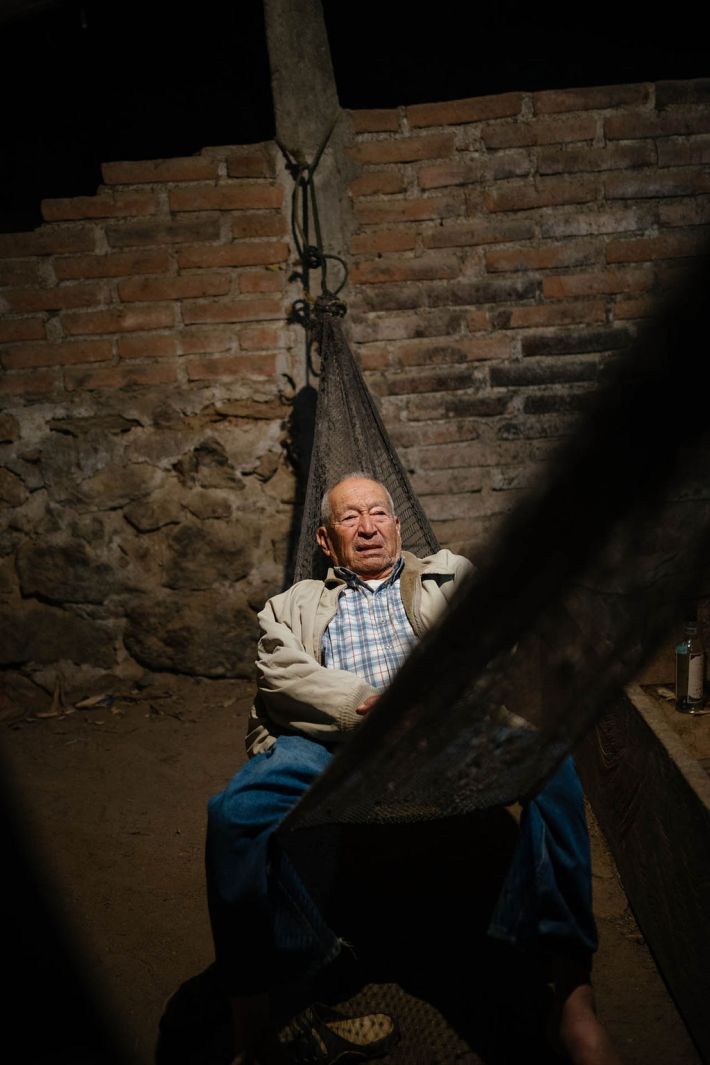
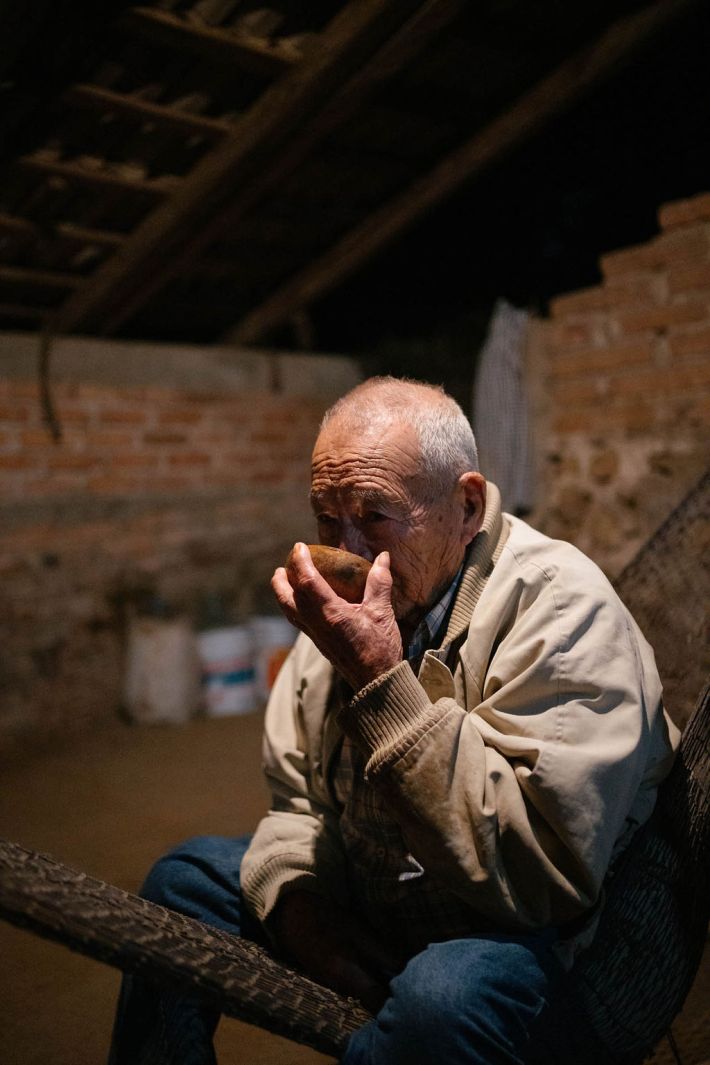
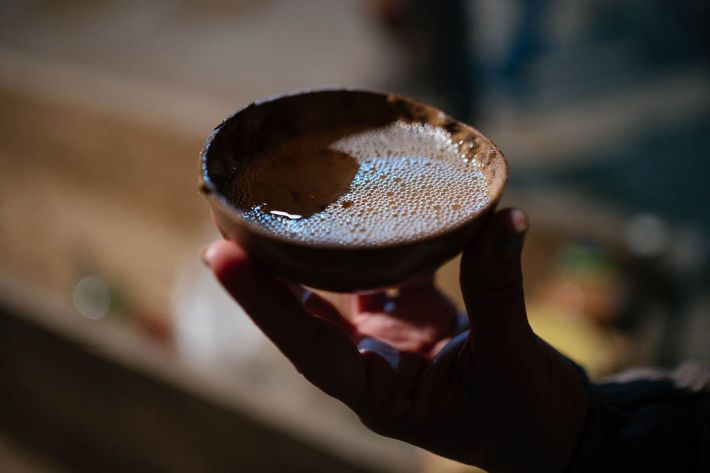
Japo started as a fisherman hunting sharks, known as “Tiburoneros,” in his hometown of Chimo, where he was born and will be buried. As an adult, he transitioned to distilling raicilla.
"Japo was always talking about raicilla and working the fields,” Dávila tells L.A. TACO “Even when he talked about being younger, it was all about work. He would say, ‘El que no puede es porque no quiere.’ [“That which you can’t do is because you don’t want to.”] He lived by the mantra, ‘If you work hard, you’ll always be OK. He always smiled. Was sharp and knew about current events. He was very conscious and lucid and always provided whatever his primarily Indigenous coastal community needed. If you drink mezcal, you know of El Japo. He was faithful his whole lifetime to just one kind of agave, which is remarkable.”
Like the greats in any medium, he created his own style of distilling mezcal, which he shared only with his sons.

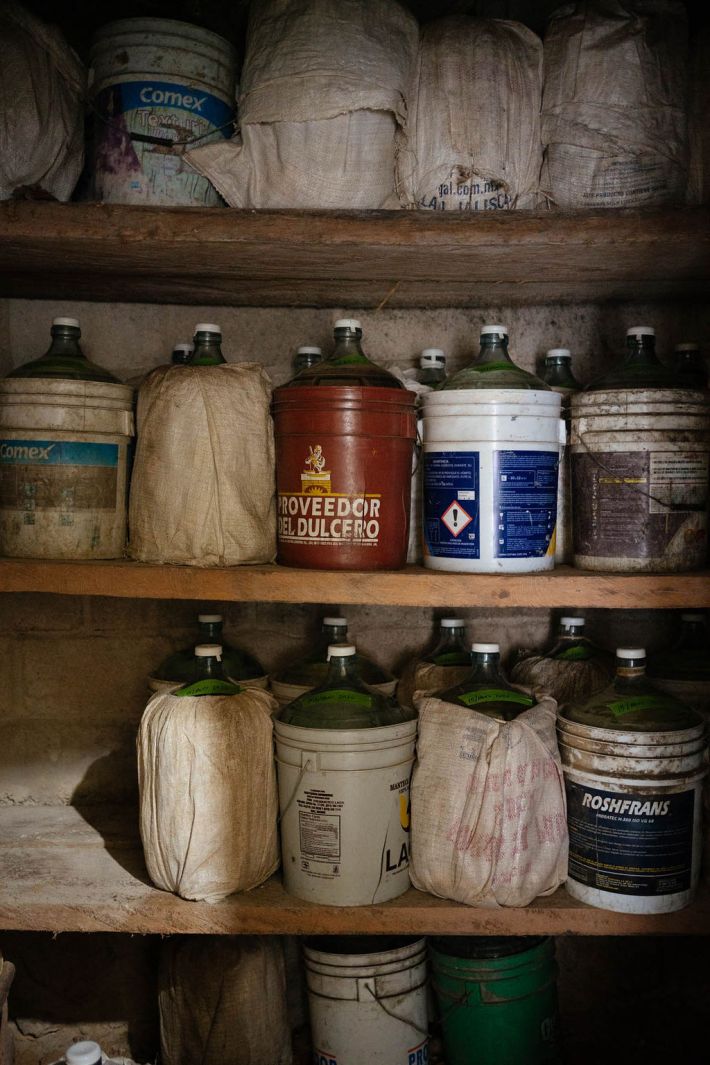
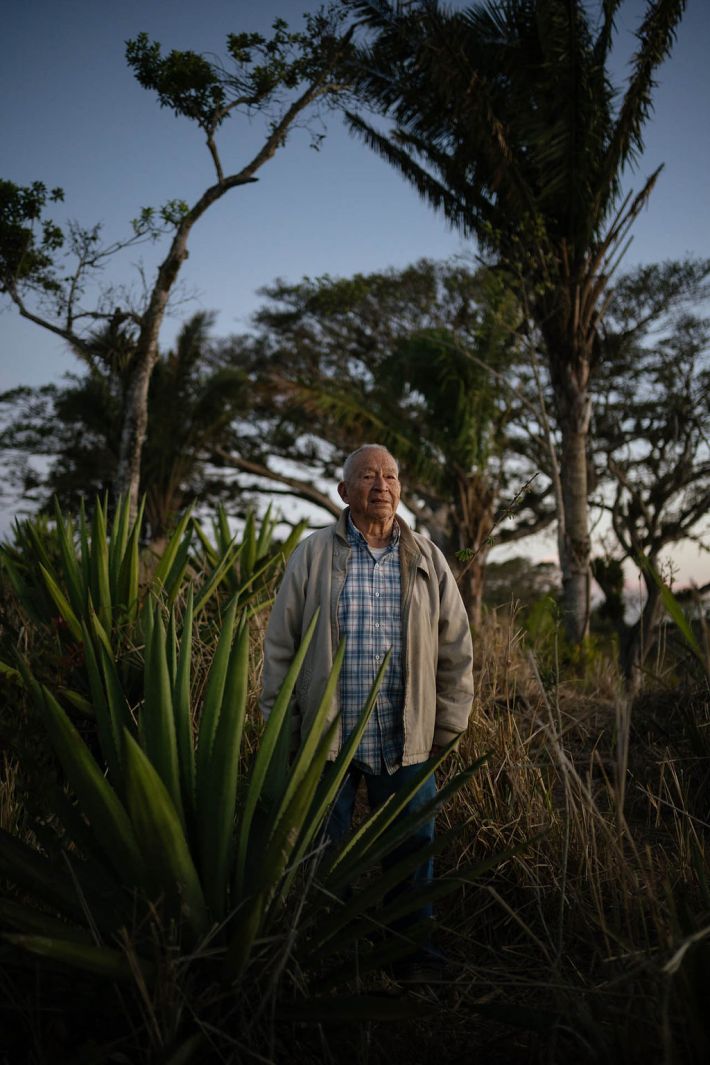
His coastal swagger made every sip a history lesson, linking the dirt under his nails to centuries of raicilla craft. He poured his soul into his bottles, and anyone who drank them—myself included—knew they were tasting something sacred.
His raicilla will continue under the watchful eyes of his two sons, who have distilled their father’s raicilla since Japo couldn’t work the fields in his later years.
“His raicilla was unique,” Dávila says. “No other raicilla came close.”
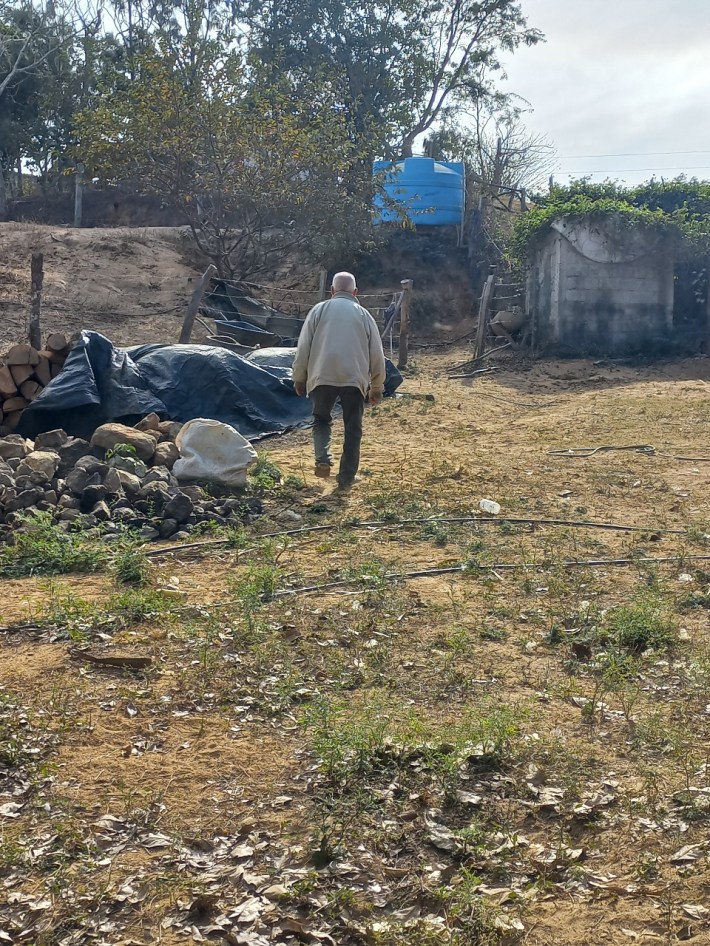
Paola Briseño-González contributed to this report.
